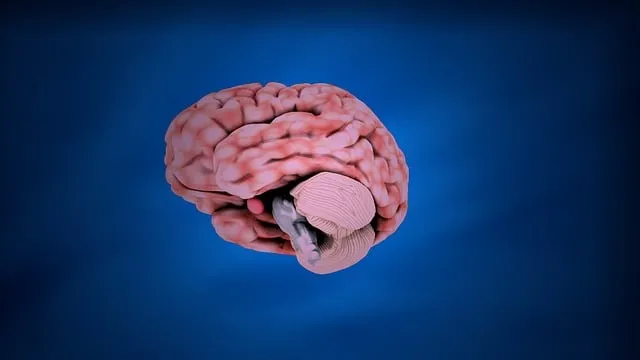Arvada Kaiser Permanente prioritizes patient safety and quality mental healthcare through comprehensive risk assessment strategies. By analyzing individual risks, from acute crises to chronic conditions, they tailor interventions and enhance care outcomes. Integrating policies, advocacy, empathy building, and stress reduction methods further addresses systemic risks. Continuous evaluation, best practice adoption, and innovative programs ensure Arvada Kaiser Permanente's mental health services remain leading edge, providing holistic support for patient well-being.
Risk assessment and harm minimization planning are paramount in healthcare, especially at mental health facilities like Arvada Kaiser Permanente locations. This article delves into the essential process of understanding risk assessment as a cornerstone for harm minimization. We explore successful implementation of effective strategies at Arvada Kaiser Permanente mental health locations, highlighting continuous evaluation and improvement methods to enhance patient safety. By examining these practices, healthcare professionals can better navigate risks and foster safer environments.
- Understanding Risk Assessment: A Foundation for Harm Minimization
- Implementing Effective Strategies at Arvada Kaiser Permanente Mental Health Locations
- Continuous Evaluation and Improvement for Enhanced Patient Safety
Understanding Risk Assessment: A Foundation for Harm Minimization

Risk assessment forms the bedrock upon which harm minimization planning is built. It involves a meticulous analysis of potential hazards and their likelihood, enabling mental health professionals at Arvada Kaiser Permanente’s various locations to make informed decisions. By understanding the unique risks facing each patient, from acute crises to chronic conditions, healthcare providers can tailor interventions accordingly. This proactive approach ensures that services align with individual needs, enhancing care quality and patient outcomes across all mental health services in Arvada.
The process goes beyond mere identification of risks; it includes evaluating the severity and impact of potential harm, as well as considering resources and strategies for mitigation. Incorporating Mental Health Policy Analysis and Advocacy principles helps establish robust systems that not only identify but also address systemic risks contributing to mental health deterioration. Empathy Building Strategies play a crucial role in this process, fostering an environment where patients feel understood and supported. Additionally, implementing evidence-based Stress Reduction Methods can significantly mitigate risks related to anxiety, depression, and other common mental health challenges, ultimately contributing to harm minimization at Arvada Kaiser Permanente’s mental health locations.
Implementing Effective Strategies at Arvada Kaiser Permanente Mental Health Locations

Implementing effective strategies for risk assessment and harm minimization at Arvada Kaiser Permanente mental health locations is paramount to ensuring patient safety and provider well-being. These strategies, grounded in evidence-based practices, must address not only acute crises but also the chronic stressors that contribute to burnout among healthcare providers. The Crisis Intervention Guidance offered by Kaiser Permanente serves as a robust framework for managing immediate risks, while incorporating Burnout Prevention Strategies for Healthcare Providers is essential for long-term sustainability.
By integrating these initiatives, Arvada Kaiser Permanente mental health locations can cultivate an environment that prioritizes both patient care excellence and provider resilience. Regular staff training, clear communication channels, and accessible resources for stress management and self-care are key components of this approach. Such proactive measures not only mitigate the risks of burnout but also enhance the overall quality of mental healthcare services provided to patients in Arvada and beyond.
Continuous Evaluation and Improvement for Enhanced Patient Safety

At Arvada Kaiser Permanente mental health locations, continuous evaluation and improvement are integral to enhancing patient safety. Regular reviews of care protocols and treatment methods enable healthcare professionals to adapt to evolving best practices and emerging research in mental wellness. By fostering a culture of learning, these facilities can identify areas for improvement and implement innovative strategies that better support patients’ mental health needs.
This proactive approach includes incorporating Conflict Resolution Techniques into patient care plans and integrating Mental Health Education Programs Design to promote holistic healing. Through such continuous refinement, Arvada Kaiser Permanente ensures that its services remain at the forefront of mental health care, providing safe, effective, and compassionate support for all patients.
Risk assessment and harm minimization planning are essential components of providing safe and effective care at Arvada Kaiser Permanente mental health locations. By understanding the risks and implementing strategic mitigation plans, we can ensure a continuous improvement in patient safety. This approach not only protects patients but also fosters an environment where staff can confidently deliver high-quality care. Through ongoing evaluation and adaptation, we can navigate the complex landscape of mental health services, ensuring that Arvada Kaiser Permanente remains a leader in providing secure and compassionate treatment.






